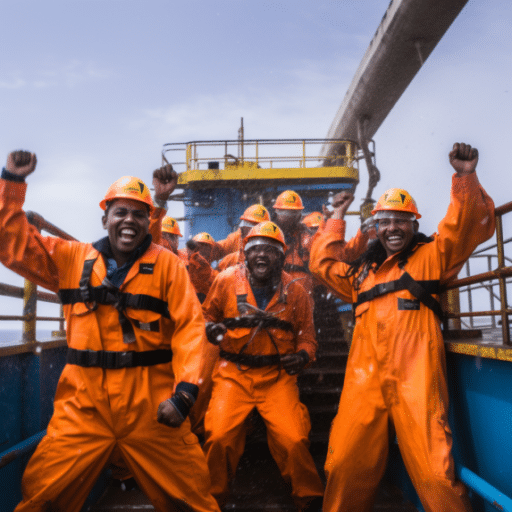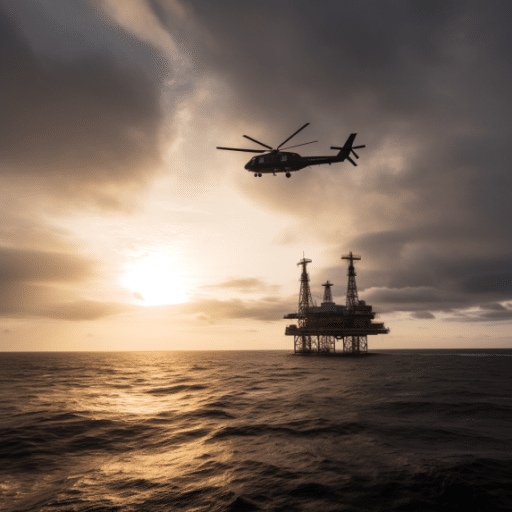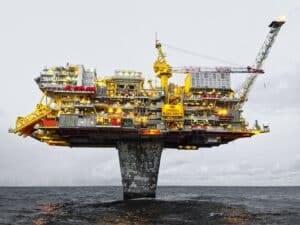Oil and gas is one of the biggest expat sectors in the Middle and Far East, and beyond. Quite a large amount of expats in this sector, from my experience, have complex financial and insurance needs which in some cases are specific to their sector. I look at a few below.
My contact details are hello@adamfayed.com and WhatsApp +44-7393-450-837 if you have any questions.
The information in this article is for general guidance only. It does not constitute financial, legal, or tax advice, and is not a recommendation or solicitation to invest. Some facts may have changed since the time of writing.
1. Complex Pension situation/considerations
Some expats are part of company schemes. However, like most FTSE 100 companies, BP and Shell have huge pension deficits. They aren’t alone. Despite the recent spikes in prices, the number of companies that have gone bankrupt or slashed their pension schemes, has gone up sharply in the North Sea, Far and Middle East and beyond.
This means that it makes it imperative to consider whether to transfer your pension overseas. Often the benefits of doing so are huge, and can be done through some of the UK and world’s largest pension providers which have been approved by HMRC and other tax authorities. EU nationals working overseas, especially Dutch, Belgium and Irish citizens, are also entitled to similar benefits. For German, Nordic and and other expats, it can be more difficult.

If you don’t already have pension arrangements, this makes saving for a pension even more important. The lifestyle of oil and gas, with 6 weeks on and off very common, make bad spending habits very common. It isn’t uncommon for expats on huge packages to spend it all! As age discrimination happens more commonly in many Asian countries than in the West, it might happen whereby you lose your job or contract isn’t renewed due to age.
2. Health Insurance
People in oil & gas should take protection against ill health and income particularly seriously, especially in some job functions. Your employer should provide health coverage, of course. However, almost all insurers for expats, won’t cover pre-existing conditions at a reasonable rate if you haven’t already been insured through them. In other words, if you have a contract in 2018 and are insured by AXA through your company, if you lose your job in 2020 and got cancer or a heart attack in 2019, you won’t be able to easily get insurance to cover those conditions unless you are part of a group scheme. So spending 1%-2% of your insurance on your own health insurance makes sense.
3. Income protection due to ill health
The average age for expats claiming illness insurance is 43-44 in Asia, not 54 or 64! Oil and gas has it’s stresses just like all jobs, but also some specific threats to your health. Like on health insurance, protecting your income if a disability or serious illness occurs, can be incredibly cheap, provided you don’t already have pre-existing conditions.
4. Life cover.
If you have kids or dependents such as elderly relatives or a partner who doesn’t work, you need life insurance. Insurance though is dead money if nothing happens. Therefore, it makes sense to get as many benefits as possible, for the lowest possible price. If you can get your income, life and health insured for 5% of your income, it is a non brainer and helps you sleep at night.

5. Income
If you are 55+ and are thinking about retirement, you should think about how your investment portfolio (which is hopefully relatively big by now) will fund your retirement. What income options exist and their associated risk and reward is important.
6. Property at home or abroad
This is part of estate planning and inheritance, but depending on that, investing in property doesn’t always make sense. It can do, depending on the area, whether you can find a buyer and so on. Expat mortgages can be reasonable and arranged.
Also depending on how many days a year you are on the rig, this will affect whether you are considered a resident or not. As an example, if you spend more than 90 days a year in the UK, even if you live in the Middle East, this will sometimes affect whether you are considered an expat for property and investing purposes.
7. Your current pension or savings
How well is it performing? Do you have too much money in the bank earning close to 0% or an underperforming portfolio? The academic evidence suggests time in the market is more important than timing the market, and therefore waiting too long to use your money productivity is a long-term mistake, regardless of the short-term.
Pained by financial indecision?

Adam is an internationally recognised author on financial matters with over 830million answer views on Quora, a widely sold book on Amazon, and a contributor on Forbes.



